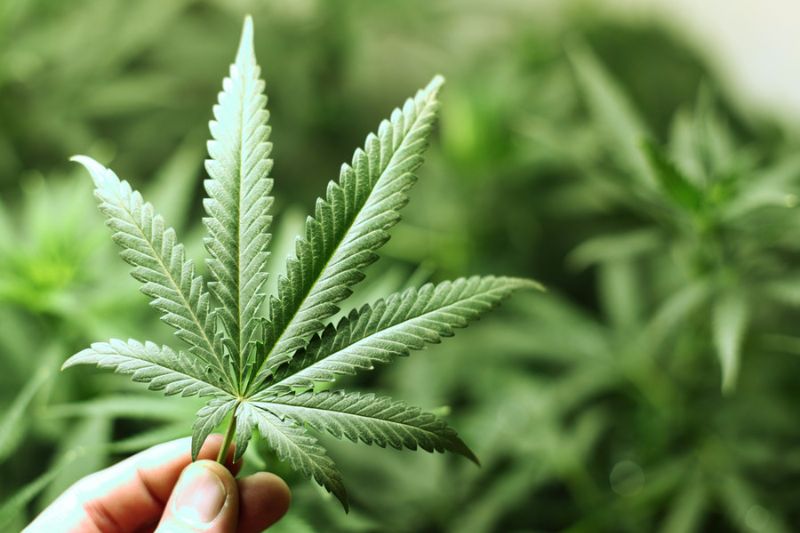Will Panama legalize medical marijuana?

A preliminary bill to use marijuana in a medical form was presented Tuesday, October 31st by The Panamanian deputy José Luis Pepe Castillo.
Panama Today wrote that the bill to legalize liquid medical marijuana is an aim for the ends of the “smuggling of this product”.
In this article, Castillo said, “I am a physician and I am aware of the benefits of this plant to treat certain diseases. We are seeing how these laws are enforced satisfactorily in other countries. We do not intend to legalize liquid marijuana for recreational purposes, but strictly and exclusively for medical and therapeutic purposes.”
The deputy also explained, he is aware of the controversy the draft will bring, however, he remains optimistic that "hopefully [these opinions] are positive.” Marijuana is a substance that has been illicit and banned for decades in many countries. However, as it becomes known as an alternative to treat different diseases, especially seizures caused by epilepsy, some types of cancer pains or tumors, legislation is changing on a global level.
Medical marijuana is legal in some countries such as the United States, Peru, Argentina, Canada, Chile, Colombia, Uruguay, Puerto Rico, Czech Republic, Finland, Germany, Israel, Italy, Holland, Portugal and Spain. Currently, the sale and use of marijuana (medical or recreational) are illegal in Panama.
This became strikingly clear with the arrest of Panamanian citizen Odalys De Sedas Campbell who received a six-year sentence for having $126 worth of marijuana in her possession just months before this bill was brought before the National Assembly.
Campbell’s sentence was criticized by many. Comments on news sites called the charges "beyond harsh"… one woman called her sentence “a thousand times worse than the alleged crime” others called the incarceration a human rights violation. One comment put Campell’s arrest in perspective by writing: “They steal millions and get house arrest, $126 of marijuana and she gets 6 years. Where is the justice”?
In Campell’s penalty agreement, it was taken into consideration that she (the defendant) did not have a criminal record and took responsibility for the crime and facts that were formulated in the indictment. That being said, the fact remains this woman sits in prison as the National Assembly contemplates legalizing the use of the same drug that put her there.
Trending Tags
